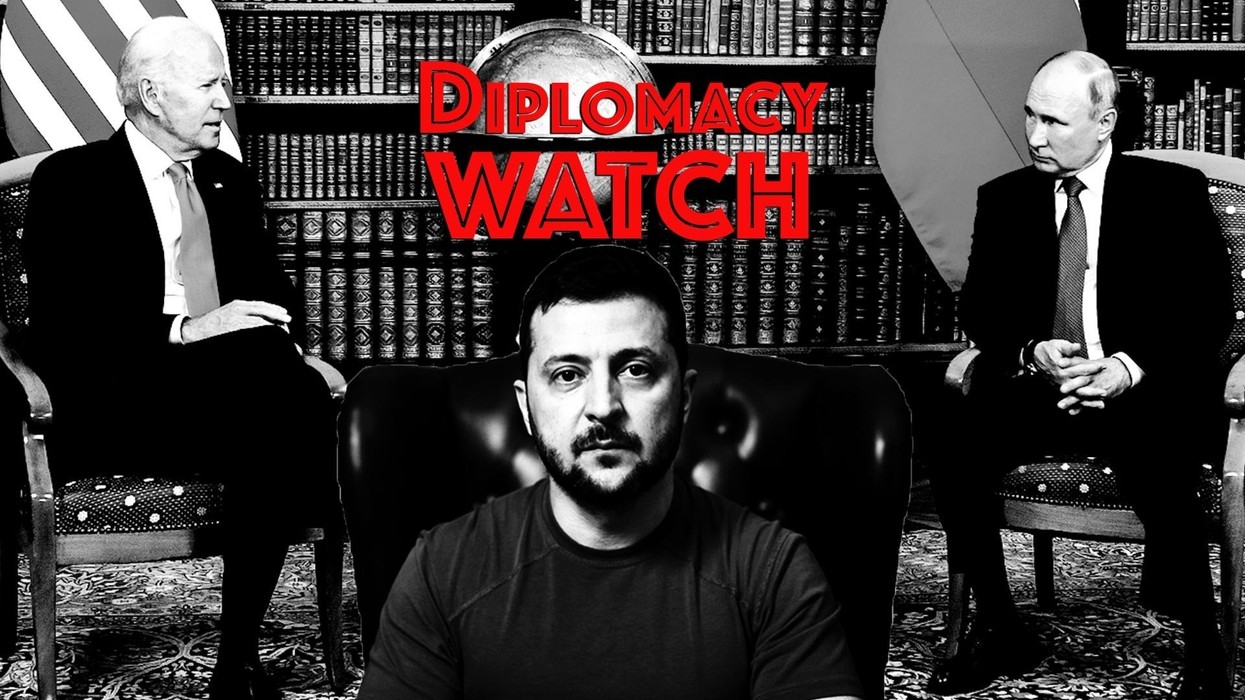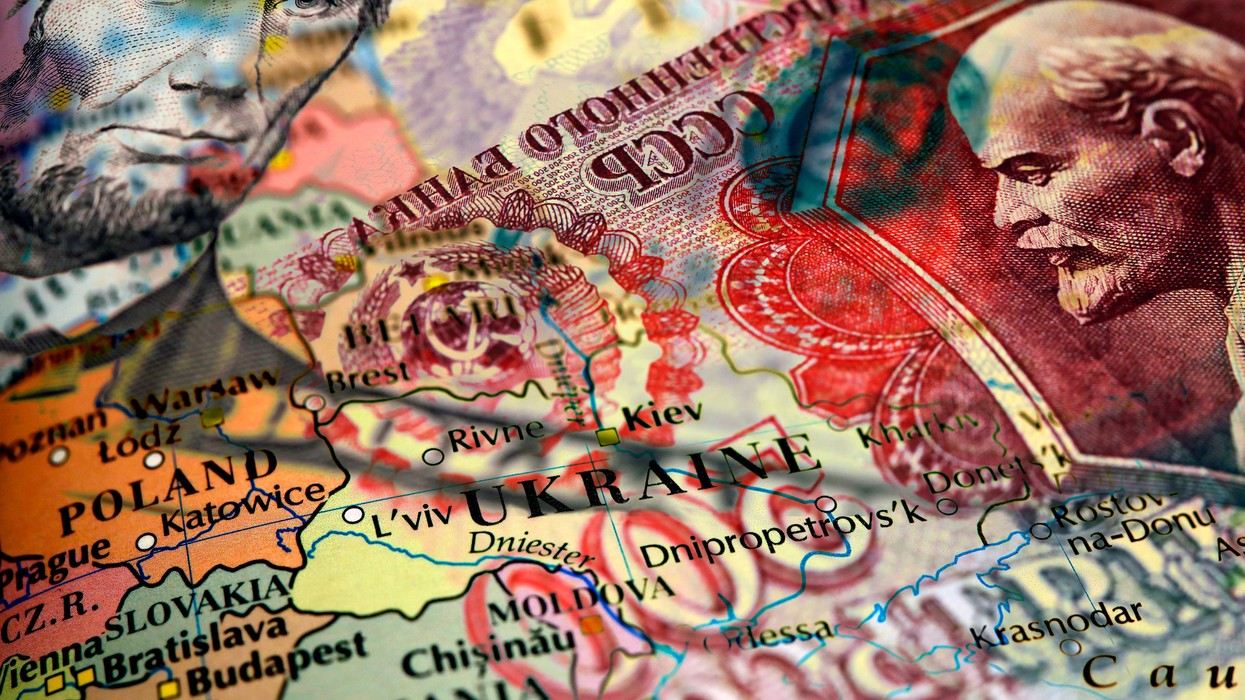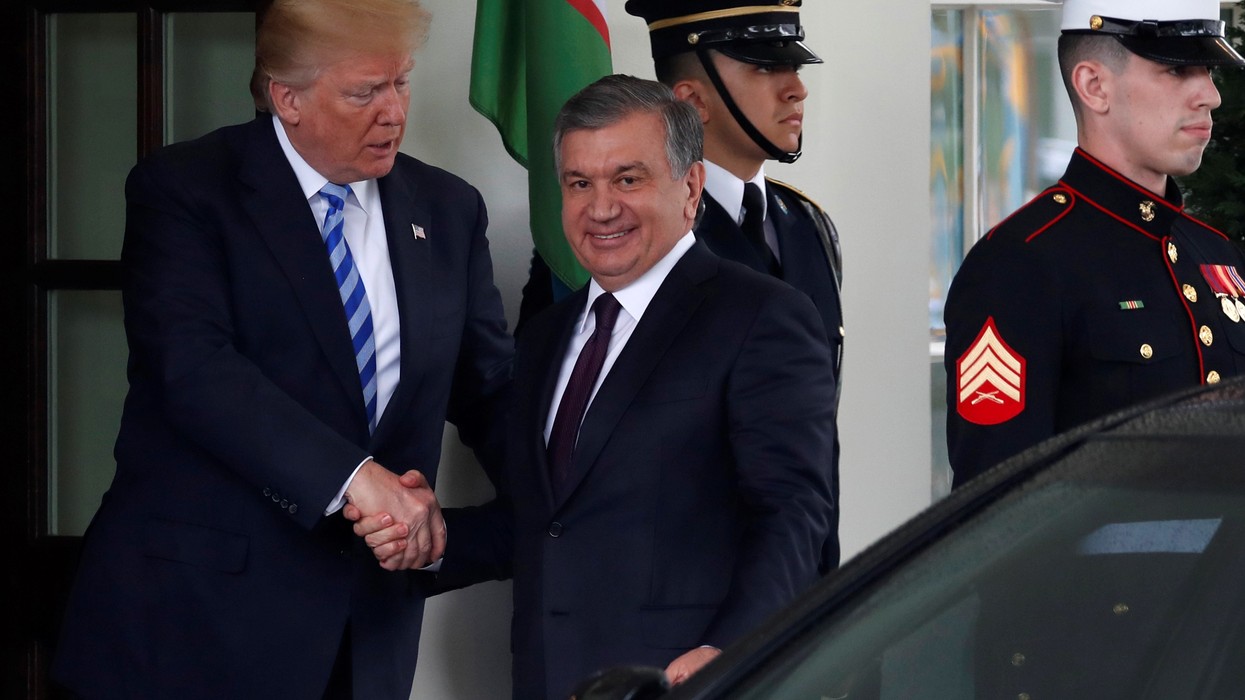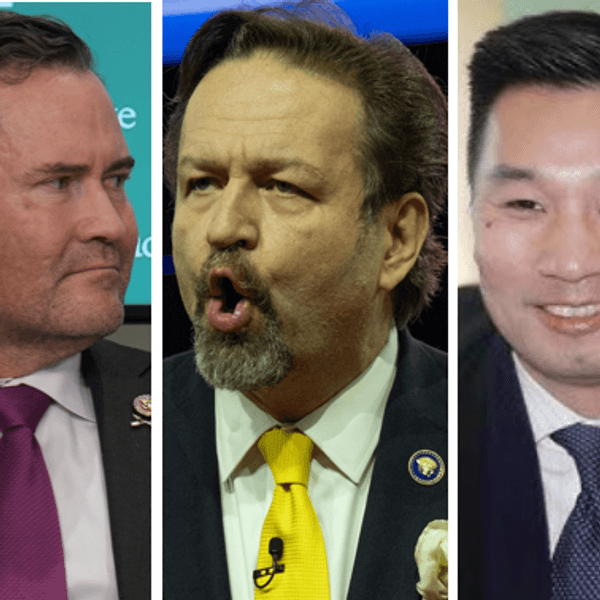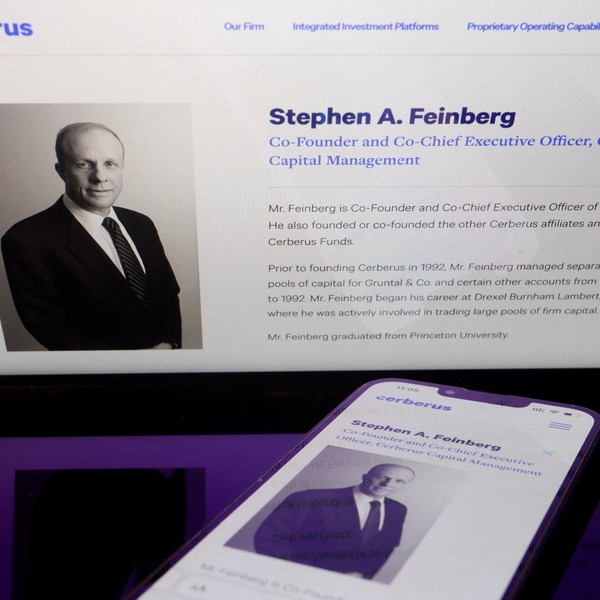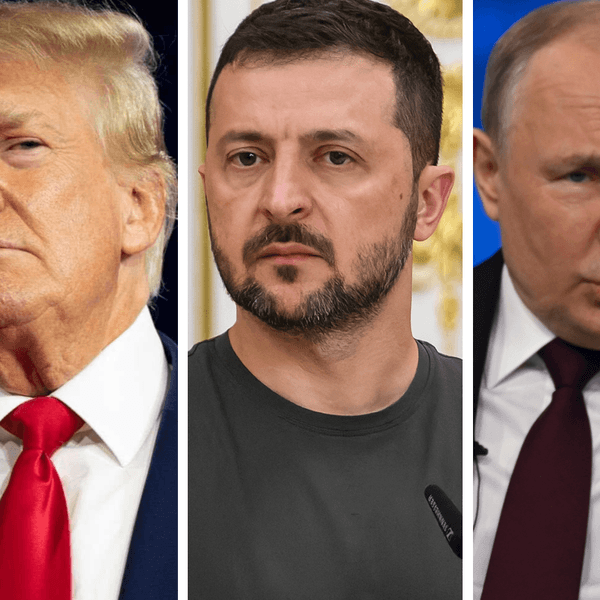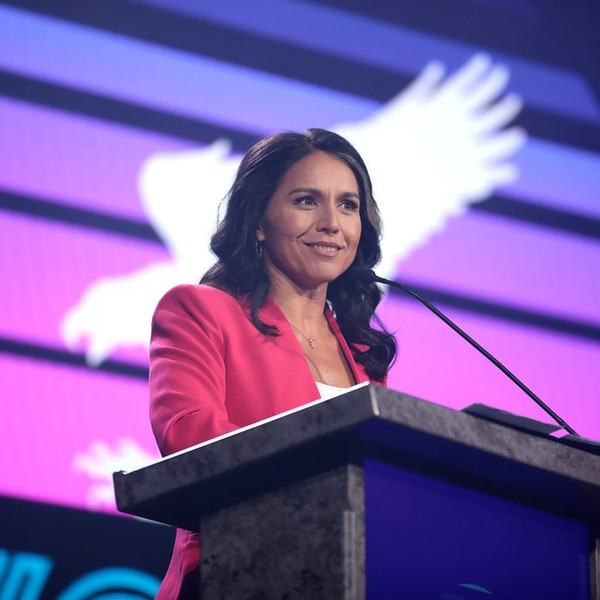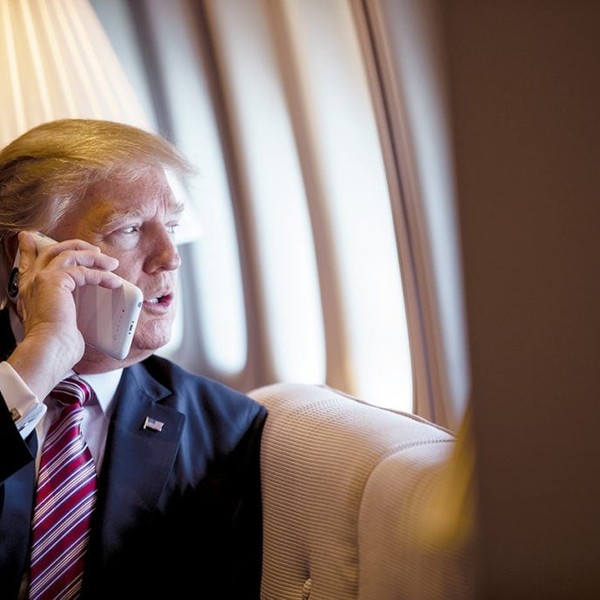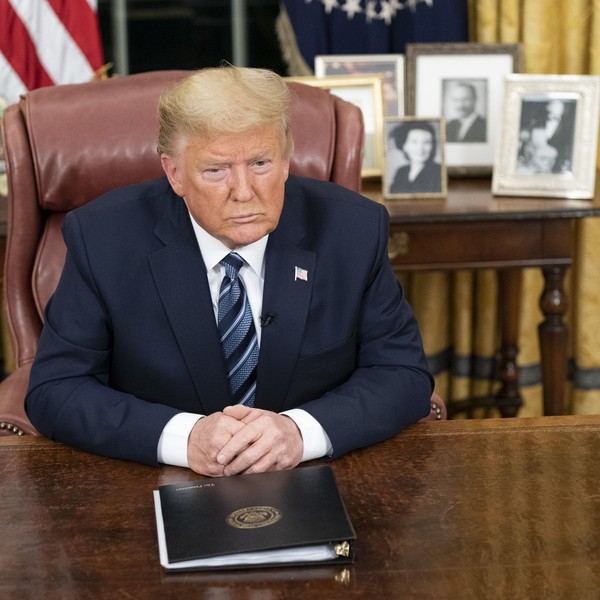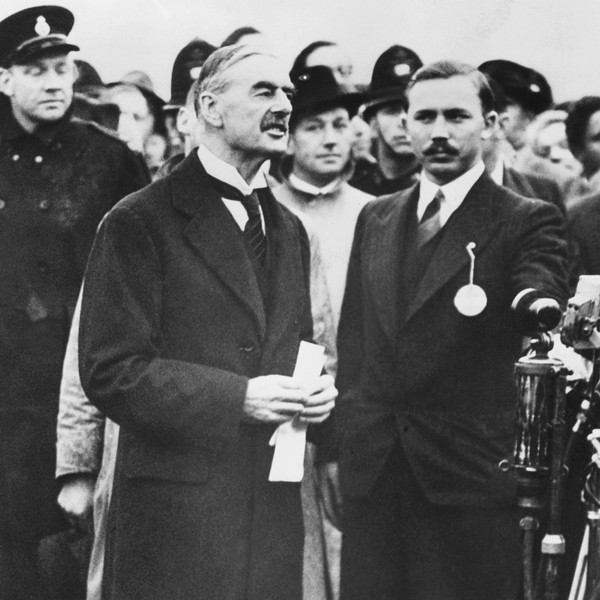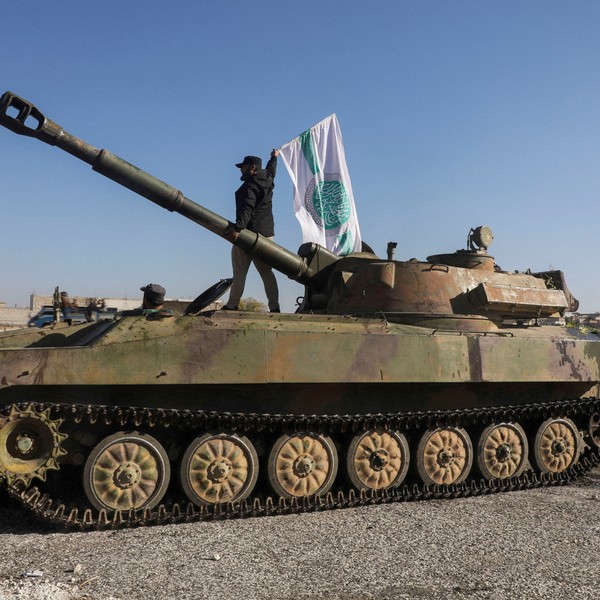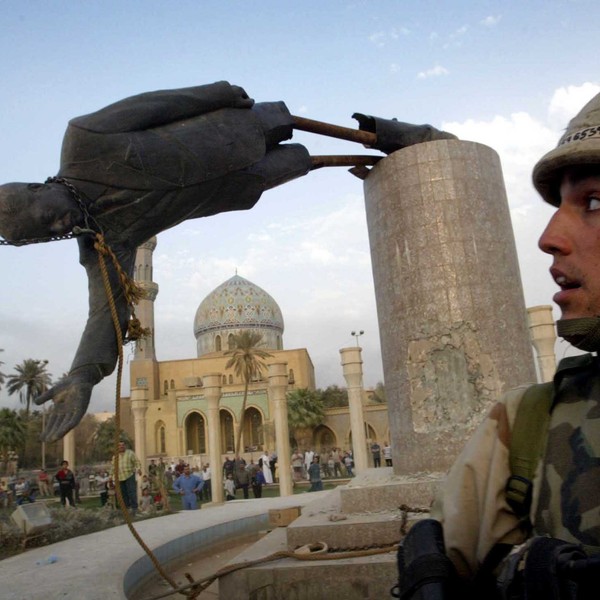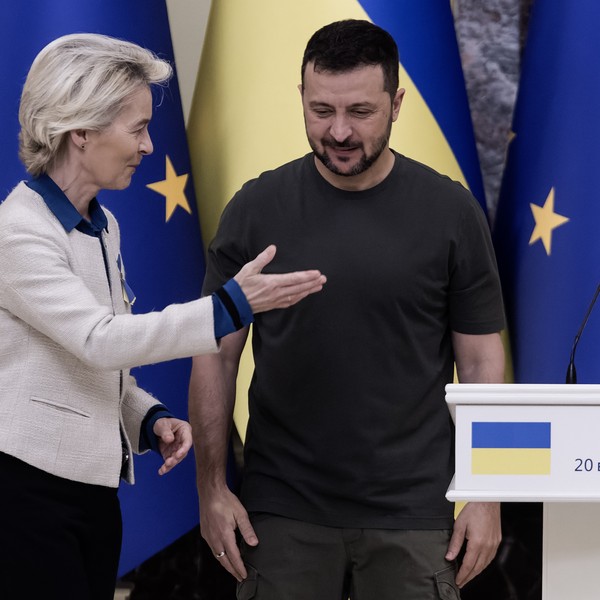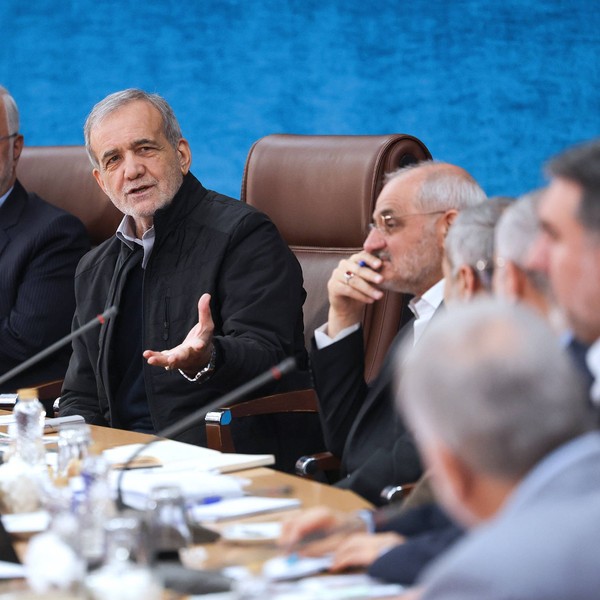On September 30, Captain Ibrahim Traore led a coup in Burkina Faso, overthrowing Colonel Paul-Henri Damiba, who had himself taken power in a coup in January. The latest coup is the fifth in a wave of recent military takeovers in the Sahel. (Mali has also suffered two coups since 2020, and Chad underwent a coup in 2021.)
The second Burkinabe coup highlights the dead end in which both the central Sahel — meaning Mali, Burkina Faso, and Niger — and its external “partners” are stuck. The United States is not deeply involved in the Sahel, but the coup is a reminder that Washington has limited influence over Sahelian politics. With embassies understaffed and largely walled off from local populations, the United States also uses little of the influence it does have. Washington is either unwilling or unable to reverse or deter coups, and U.S. counterinsurgency training efforts have yielded no clear successes. In the present context, the United States is best off focusing on sustaining and expanding its delivery of humanitarian relief in order to ameliorate ordinary people’s suffering.
Neither the region’s militaries nor the region’s former colonial power and main external interlocutor, France, have credible ideas for ending the armed conflicts, political turmoil, and humanitarian disaster that afflict the Sahel. Insecurity has worsened under Mali’s junta and also grew under Damiba, despite those coup-makers’ initial promises to return a semblance of stability. Coup-makers find or choose to find most of their energies absorbed by politics, as they alternately coopt and repress civilian politicians while simultaneously engaging in brinksmanship with the regional bloc, the Economic Community of West African States, or ECOWAS.
For its part, France has clung to a counterterrorism-centric approach predicated on the expectation that host governments and populations will cheer on open-ended deployments; when that assumption proves untenable in one country, as it did in Mali, France simply shifts focus to another, currently Niger. Indeed, as new expectations and pressures are piled on Niger, by Paris and also by Washington, Western powers risk inadvertently feeding anti-French sentiment in Niger and, down the line, triggering a coup there.
Russia unofficially welcomed the coup, but it does not appear to have played a role in what was primarily an internal dispute within Burkina Faso’s armed forces. However, Moscow was not able to deliver on what its Sahelian fans see as a tough and efficacious approach. Already in Mali, where the Kremlin-linked Wagner Group has deployed at the behest of that junta, there are signs that the partnership is souring, and Russian mercenaries have failed to make a meaningful dent in jihadists’ presence in much of northern and central Mali.
Russia also makes limited, murky, but attention-grabbing efforts to shape Sahelian politics through propaganda and friendly, possibly astro-turfed civil society groups. As Russia seeks to feed anti-French sentiment, Western governments’ anti-Russia stances distort how they view the Sahel and distract attention away from a reckoning with why the situation in the Sahel got so bad before the recent uptick in Russian influence campaigns.
In short, the situation in the Sahel lurches from bad to worse, external actors jockey for fleeting power, and everyone loses except for the narrow ruling cliques, military or civilian, that hold top offices.
The outlook for the next two years appears bleak. ECOWAS, after the failure of its effort to sanction Mali into compliance, compromised on transition timetables in Mali and Burkina Faso that were essentially dictated by the juntas in power there. Both timetables run through 2024, and Traore has pledged to uphold the timetable that Damiba and ECOWAS accepted. ECOWAS’ celebratory statement over Damiba’s bloodless resignation was, parsed in a certain way, an acquiescence to the latest coup and an acknowledgment that what matters most now is preserving the appearance of having a plan — even though Traore’s coup underscores the messiness of the region’s politics.
There is also, obviously, no guarantee that Mali’s or Burkina Faso’s military rulers will adhere to the promised timetables; to the east, beyond the ECOWAS zone but still in the Sahel, Chad’s military rulers recently granted themselves up to two more years in power. Even when elections come, contests held under the watchful eyes of the region’s soldier-presidents may be problematic, to say the least — or the soldier-presidents might be on the ballot themselves. Nor should the possibility of a third coup in Mali — actually, it would be the sixth, if one counts from independence in 1960 — be ruled out.
Given how bad the situation is — endemic violence, blockaded towns, millions displaced, thousands of children out of school, widespread hunger, severe annual flooding, and more — Western powers’ disengagement would be criminal. Yet the hope that a combination of “good governance” and “counterinsurgency” will reverse the region’s problems has been proven naïve by the cycle of coups. Sahelian states are skeletal, representing prizes for domestic actors to fight over but not, with their present capacities, serious vehicles for ending deep-rooted violent conflicts. France’s talk of counterterrorism paving the way for the “return of the state,” and U.S. theories of “population-centric counterinsurgency” enabling “political progress,” are essentially delusional.
Washington, already a major humanitarian actor in the region, has a chance now to further disassociate itself from its own “War on Terror,” from France’s failed policies, from the Sahel’s overly politicized militaries, and from the losing strategy of trying to lecture Africans into hating Russia. Washington should keep giving food, clean water, and medicine to those victimized by the cross-cutting machinations of colonels, captains, presidents, foreign capitals, and jihadists.
Other than that, Washington should keep quietly encouraging coup-makers to step down quickly and make transitions robust and fair. The coup in Burkina Faso confirms and adds to the tragedy in the Sahel, a tragedy in which the U.S. role now should not be to glorify counterterrorism and promise Sahelian militaries that more target practice will help them defeat jihadists, but rather to concentrate on helping civilians.

